 去年十二月二十五日美国新闻和世界报道杂志有一则关于中国新闻自由的报导,文章里记者访问了上海外国语大学的学生,指出该校学生对于美国希望自由的渴望, 也呼应了美国主流媒体对中国新闻和言论自由的批评。该校新闻和传播学院院长郭可发稿该杂志表示学生对于作者对于他们采访内容收到负面解读讶异,也从一个中 国学者的立场,发表对新闻和言论自由的见解。以下是郭可教授发表文章的全文摘录。 Critique on the Welsh story at http://www.usnews.com/…/journalism-is-gradually-changing-in… Dear Editor, I am writing to critique on the news article released on December 25, 2015 about “China jails more journalists than any other country, but media students say the landscape is changing” (hereinafter known as the Welsh story), written by Teresa Welsh who joined an informal session with our global journalism students in Shanghai on the afternoon on December 9, 2015 during her one-week visit to China. After I shared the news link of the Welsh story among our participating journalism students, I was told that they had felt shocked when they compared the general impression drawn from the Welsh story with the actual dialogues that afternoon, which they considered candid, frank and honest. Why were they shocked? Because the Welsh story has narrated an impression, particularly among readers who know nothing and little about China, that China is still a dictatorship communist China with no freedom of speech (at least not in line with the US standards), no matter what. While it may be true, according to Jim Wolf, a former Reuters correspondent who initiated the informal session and has been teaching English journalistic writing at Shanghai International Studies University, that the Welsh story has meant to genuinely report her China trip with no deliberate effort to negate China, participating journalism students feel that the Welsh story is not at all reporting the whole truth (a target as stated in the lead of the Welsh story) in a changing China, as it lacks Chinese contexts and backgrounding information, by having reported true facts in a simplistic manner, but still with misquotes as in the case for Jim Wolf who claimed that the Welsh story had misquoted him. First, the Welsh story has employed a long-cherished typical US news frame to address an issue of self-censorship in China which has different definitions about freedom of speech and roles of journalism, that is, using an apple standard (the US) to measure and evaluate the taste and quality of an orange (China). Funny as it is, the U.S. itself has spent more than 200 years modifying and melding the journalistic practices and US-style press freedom into the US society in a stable, smooth and effective manner. China, though an ancient civilization with a history of 5000 years, did not really start its status quo of a modern nation-state until 1911 and is still in the process of perfecting its own China model of national development, including media management system. Therefore, by simply highlighting its jailing of journalists as the highest in the world, the Welsh story is not projecting a complete scenario (let alone truth) about press freedom in China, or at least too simplistic according to Karen Gill, a K-State journalism graduate who considers the teaching of English news writing in Shanghai no different from that in the U.S. after she taught for two months in Shanghai. What matters so much between the U.S. and China only ends up in the degree of different perceptions of press freedom and different national development stages. Second, the Welsh story also lacks historical perspective and does not expound under what circumstances most Chinese people value the concept of press freedom. During the past two centuries, China has undergone social chaos and turmoil in a series of external and internal wars, which deprived all the Chinese people of a stable and better-off life. In addition, the collapse of the Soviet Union on December 25, 1991, that came as a result of pursuing freedom of speech and democracy, remains vivid and fresh in most Chinese minds as the Soviet collapse transported overnight the living standards of Soviet people back to 20 years ago. That is why my parents, as farmers in East China, who experienced chaotic and poor stages in their youth in China, treasure so much their current better-off and stable life and want to express their support for the local government in China because they now enjoy their pensions and medical services despite the fact that they used to be farmers. Obviously, the Welsh story fails to provide the Chinese context in which most Chinese individuals tend to place current better lives as their first priority after so many years of chaos and definitely freedom of speech, viewed as a universal value in China but with a potential for creating chaos as it was the case in the Soviet Union, should not go so far as to destroy a stable and peaceful environment for national development and better lives among common Chinese people. Of course, I well understand that it may be a mission impossible for Teresa Welsh to include all the above backgrounding information in the story as she was just in China for one week. But CHEN Peiqin, a journalism professor in Shanghai who team taught with Jim Wolf and Karen Gill, suggested that the Welsh story might as well have explained the newsworthy real reasons for all the surprises that Teresa Welsh herself had experienced during her one-week visit to China and would be way more professional and objective if the Welsh story had quoted Karen Gill and explored why the teaching of English journalistic writing in China, so different in their perceptions of freedom of speech from the U.S., is not that different from that in the U.S.. That would have been a true reflection of our candid and frank discussions and interviews in our informal session on December 9, which our participating journalism students would feel more comfortable. But for now, to be frank, we feel that we were being taken advantage of or even cheated for the sake of this Welsh story. (The writer Guo Ke is Dean of School of Journalism and Communication at Shanghai International Studies University, who moderated the informal session on December 9, 2015. He wanted to thank Jim Wolf for having initiated the informal session and Teresa Welsh for releasing the story as it has provided a good chance for all participating journalism students to illuminate a live case study on freedom of speech in China and the U.S., as a continued discussion of his class on Chinese media studies.) Comments are closed.
|
Archives
July 2024
|
此网页所有版权为丹佛华人资讯网所有。 有对网页有关的问题请于[email protected]联络网页编辑
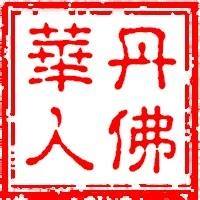



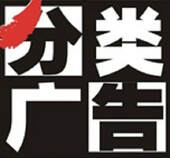


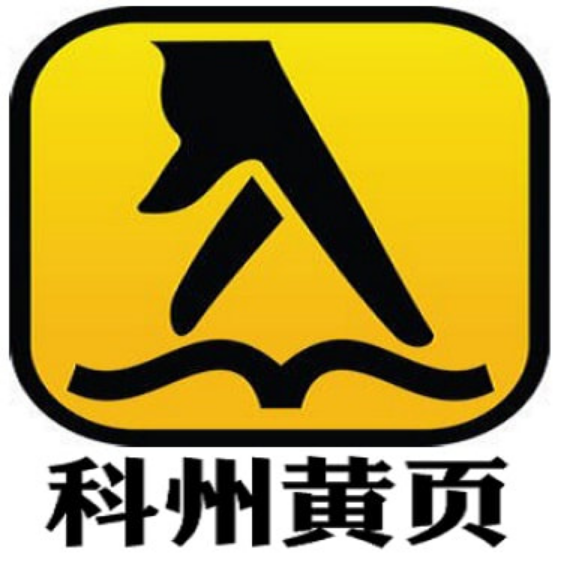






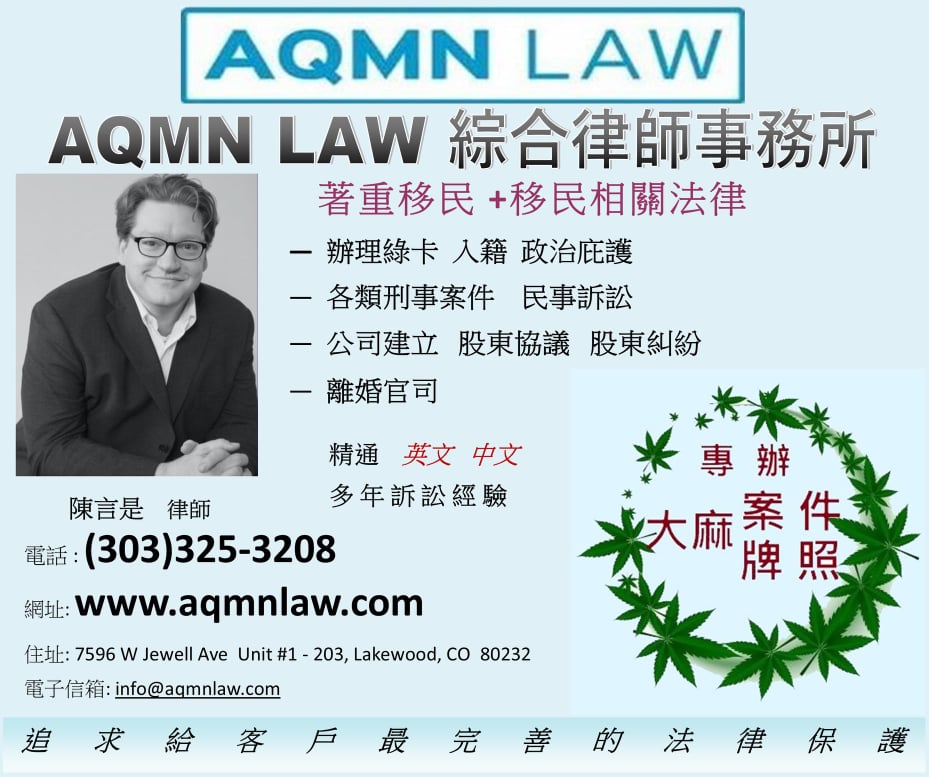
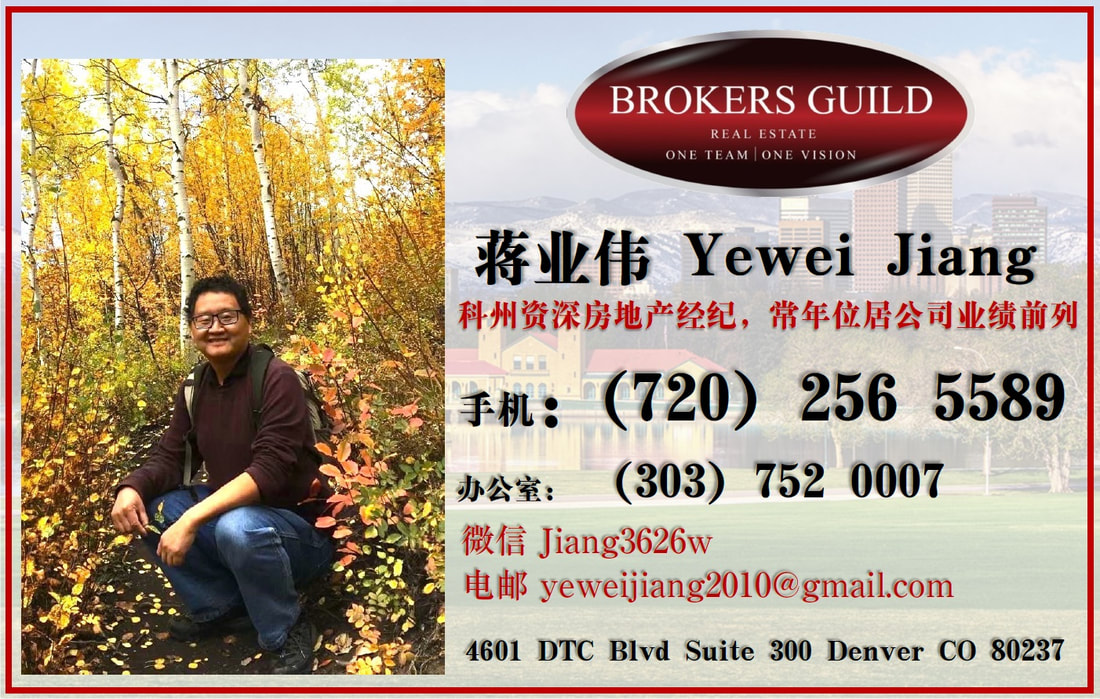

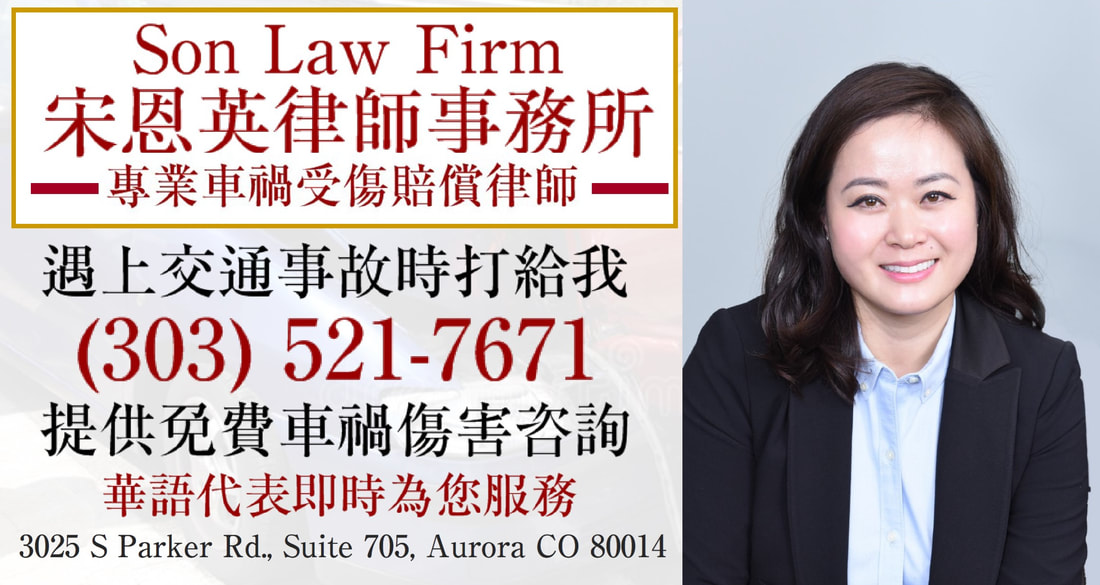

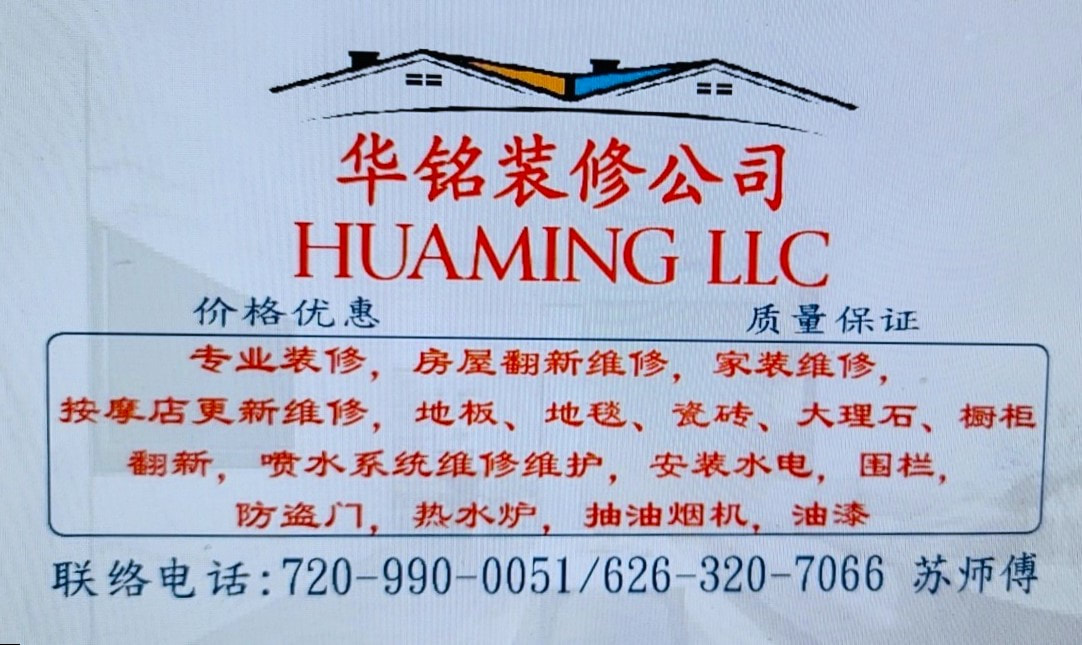

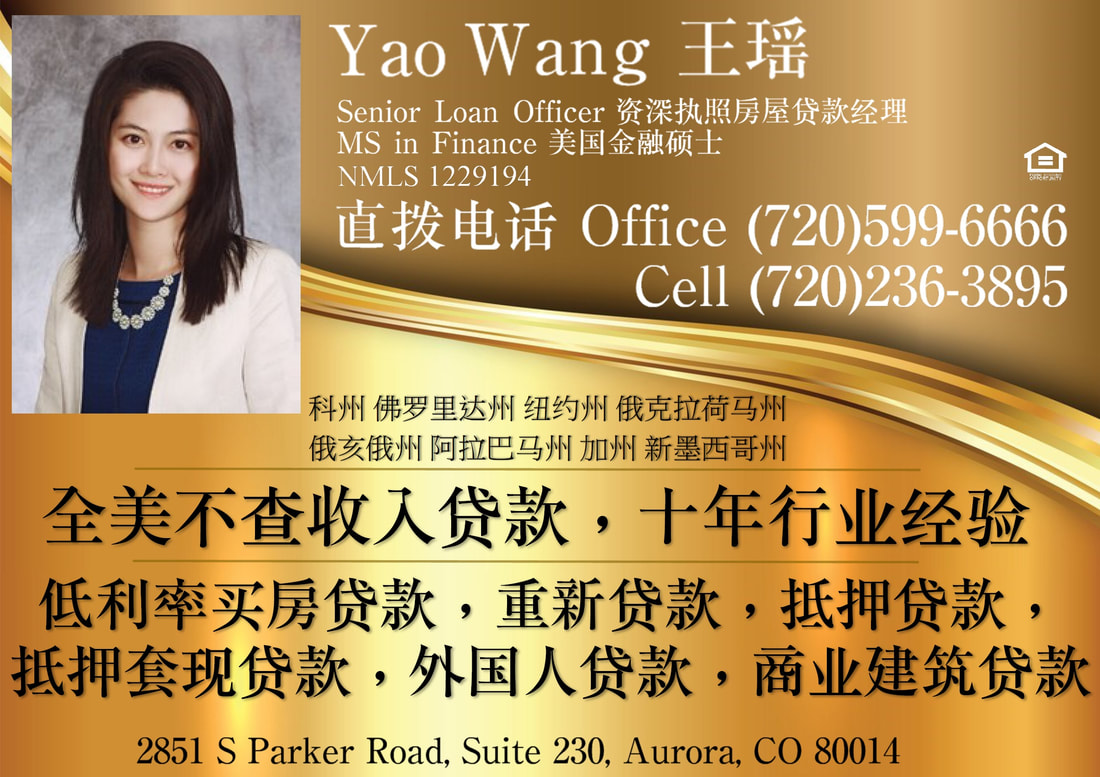



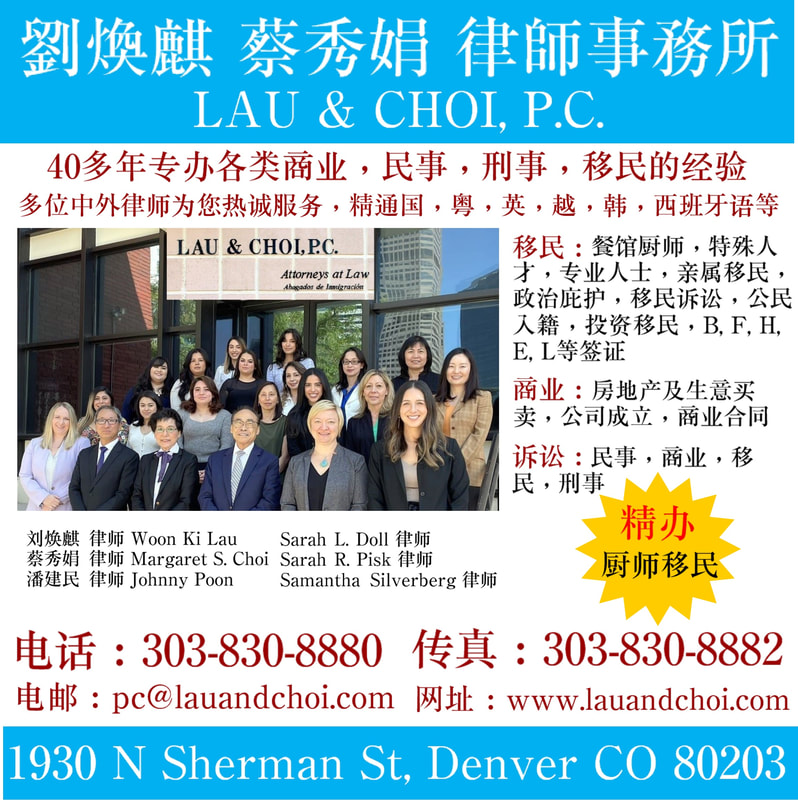

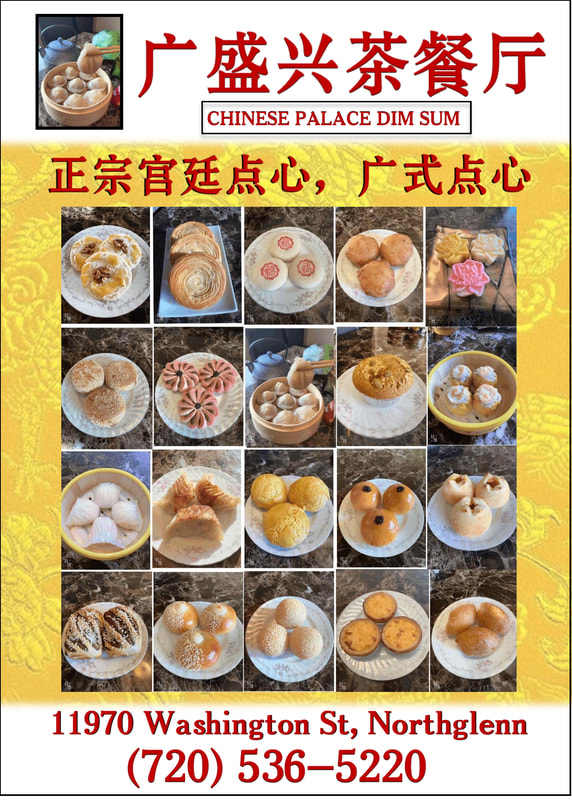



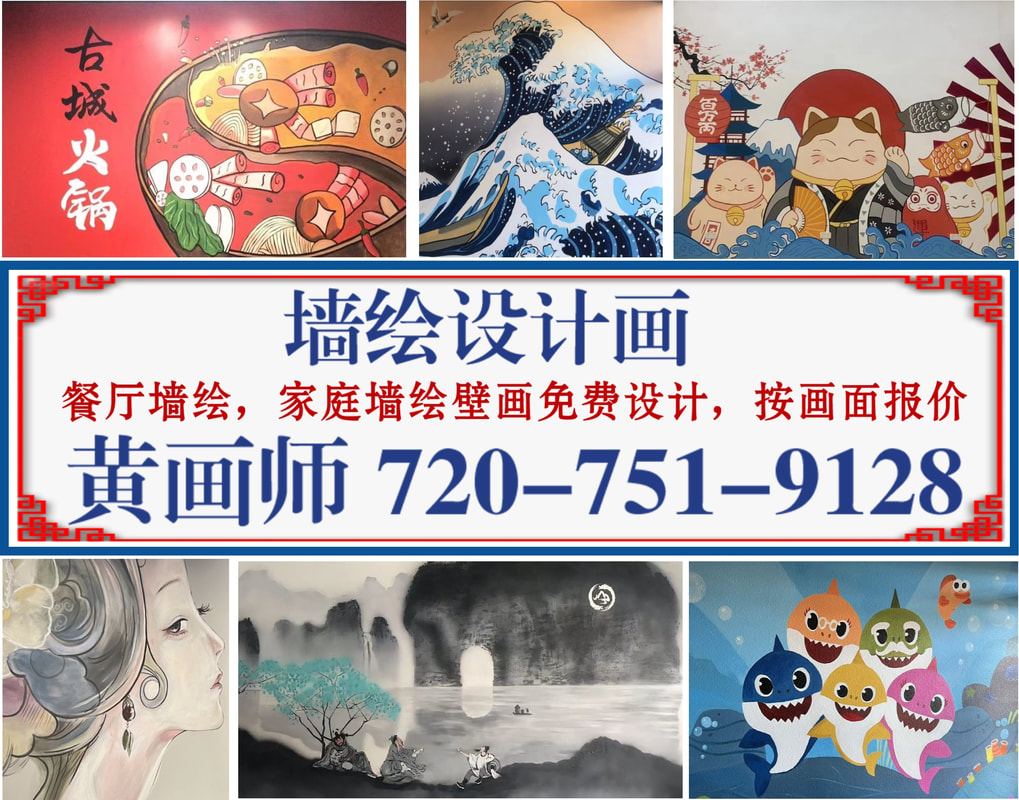

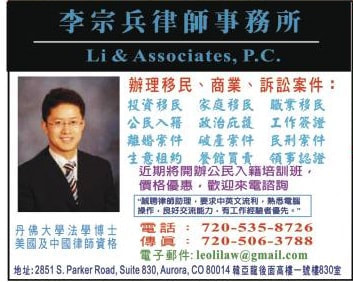
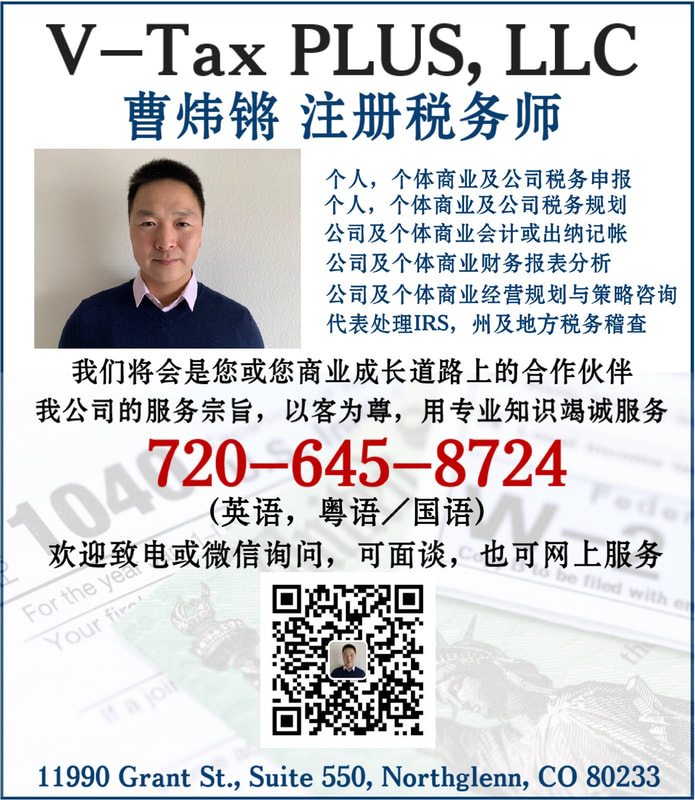


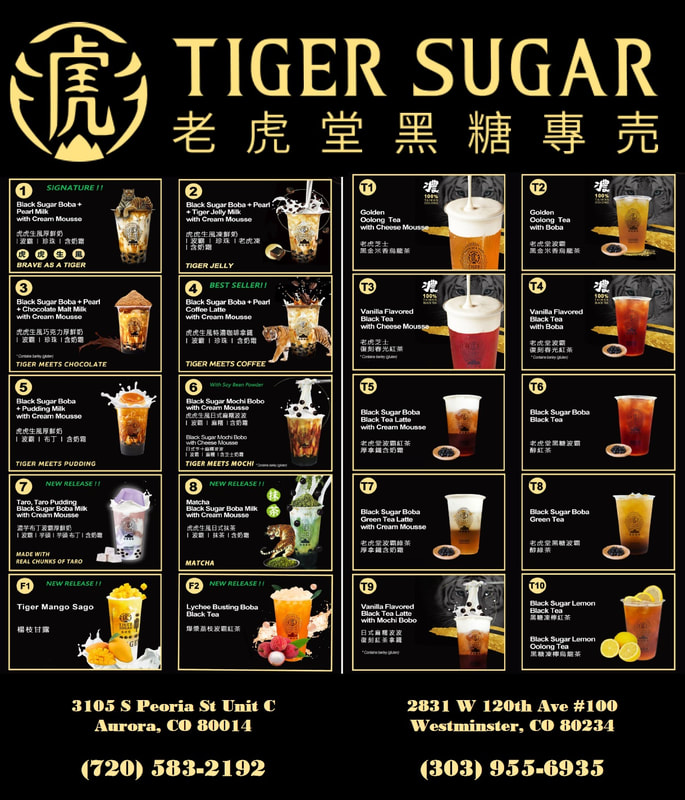






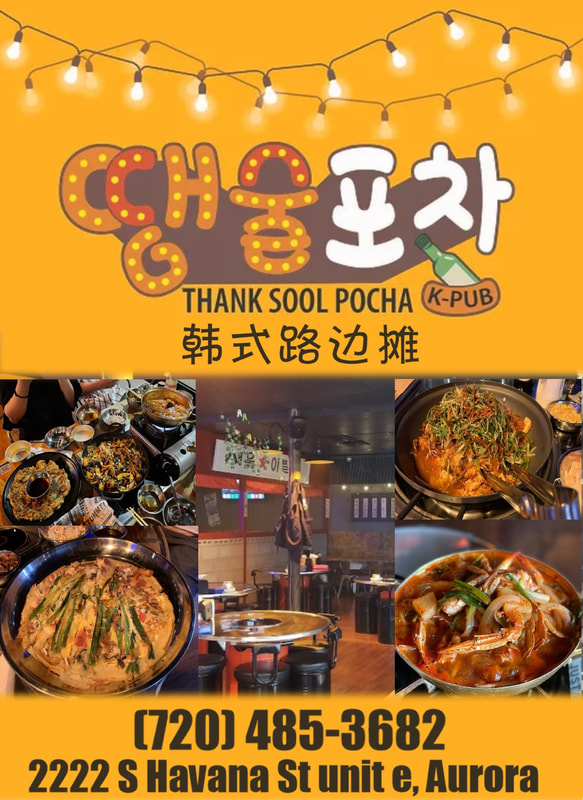
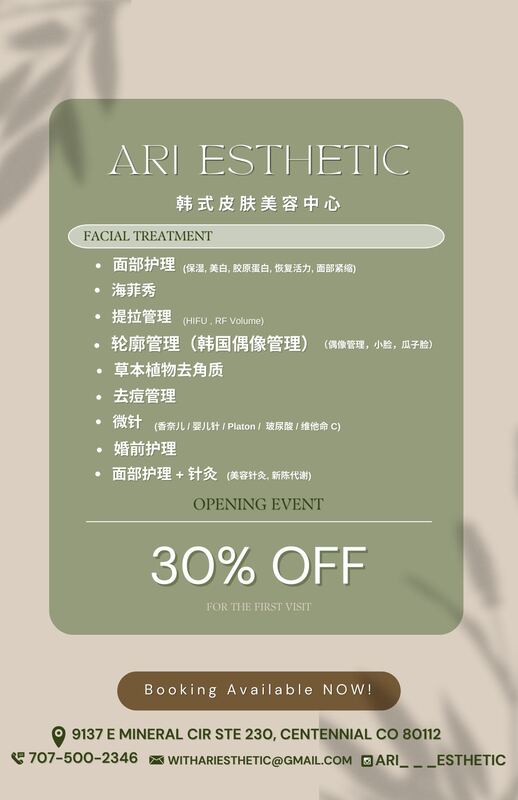



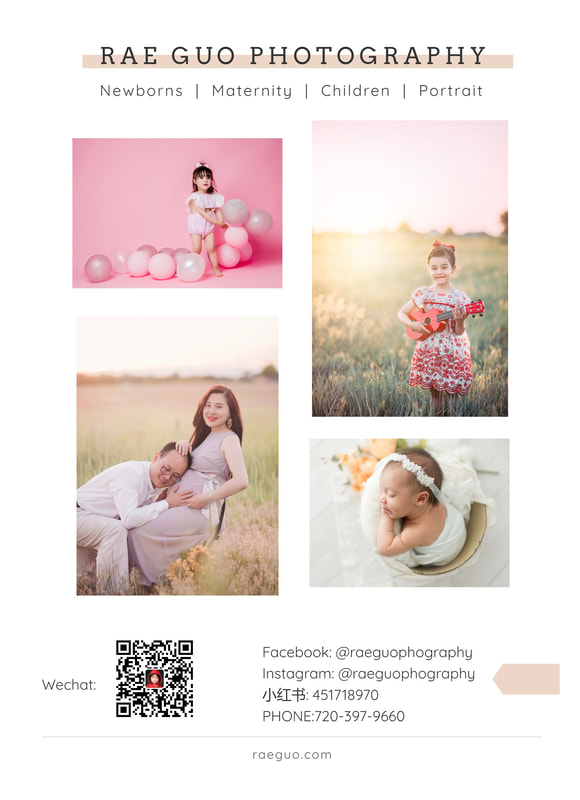
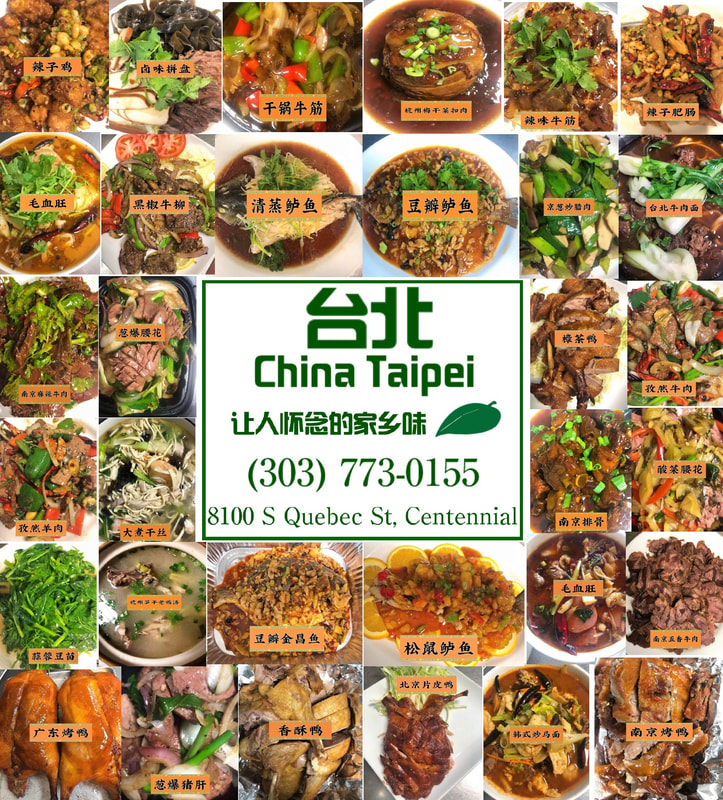



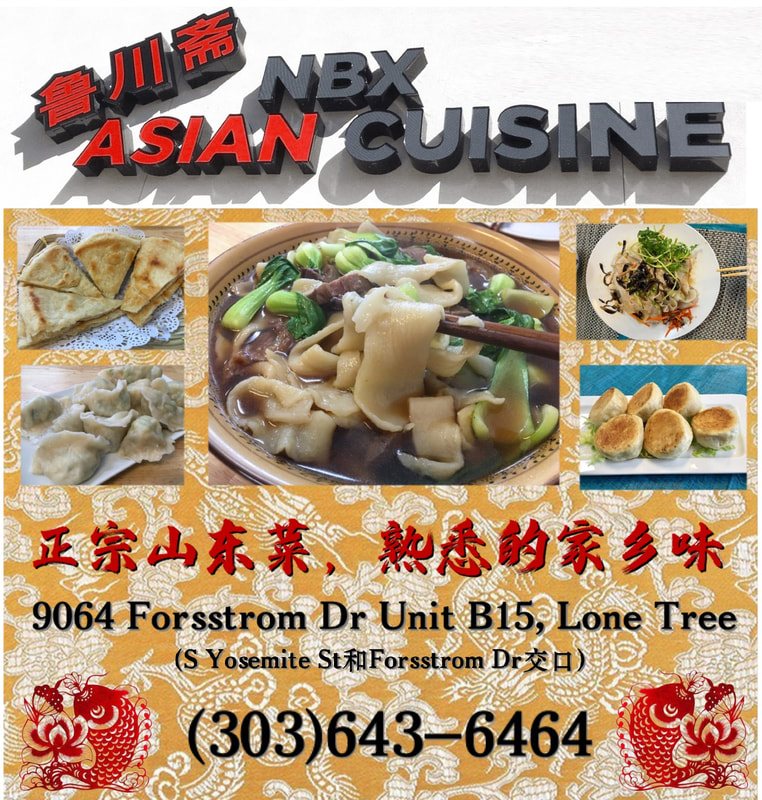







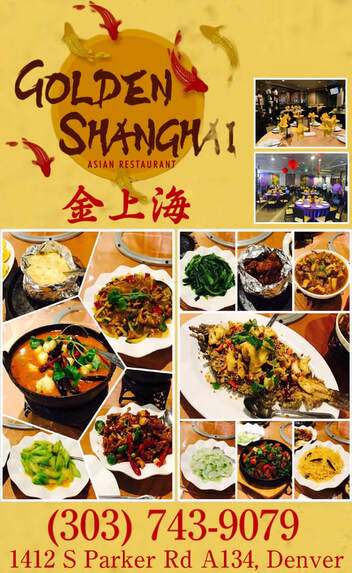


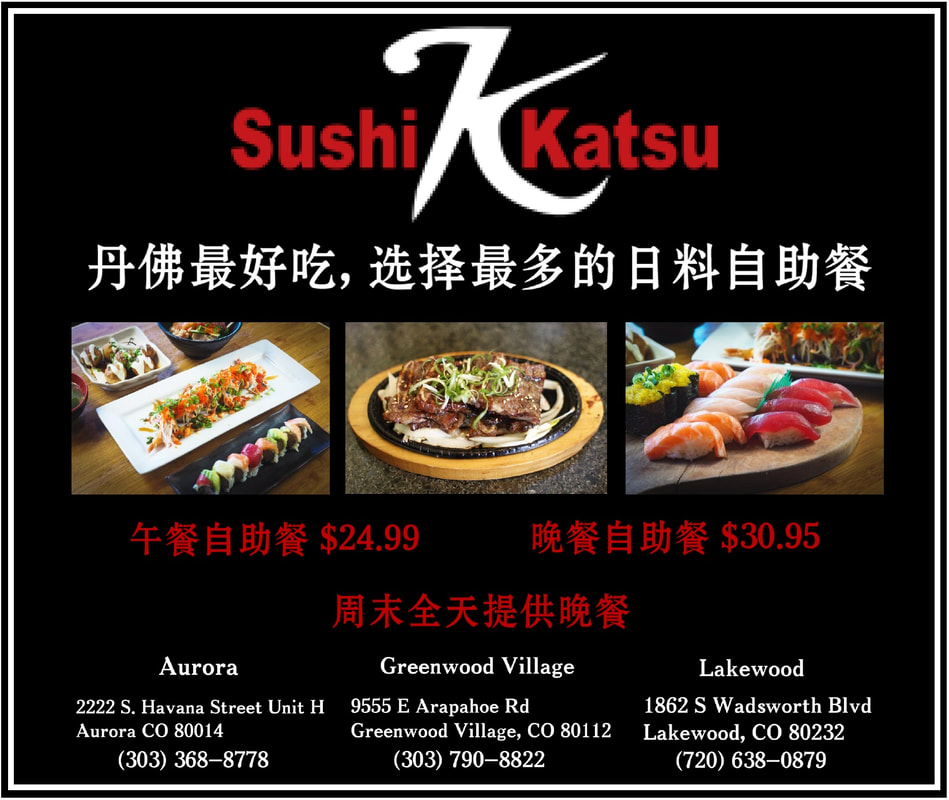

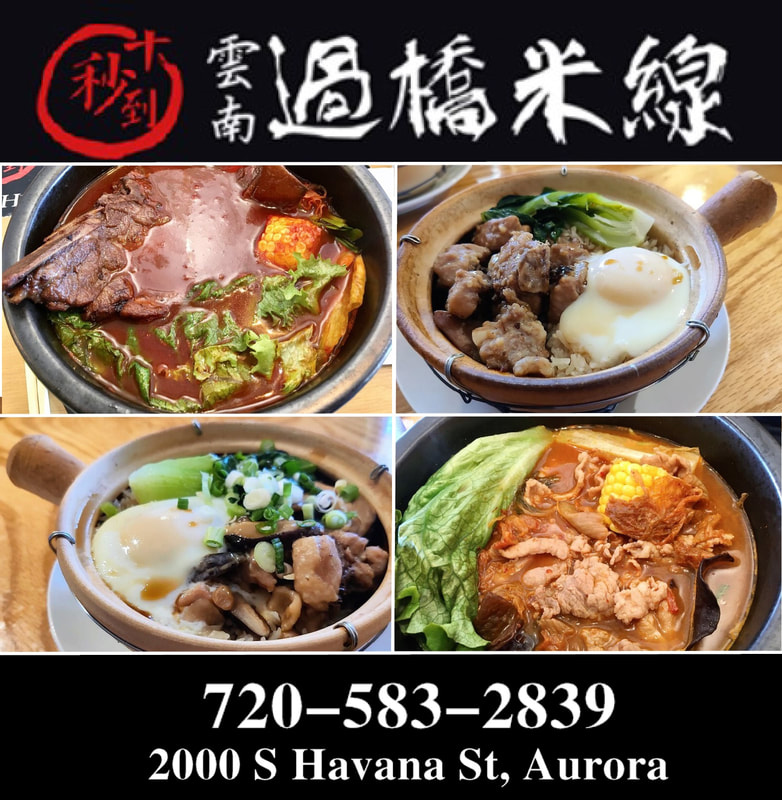
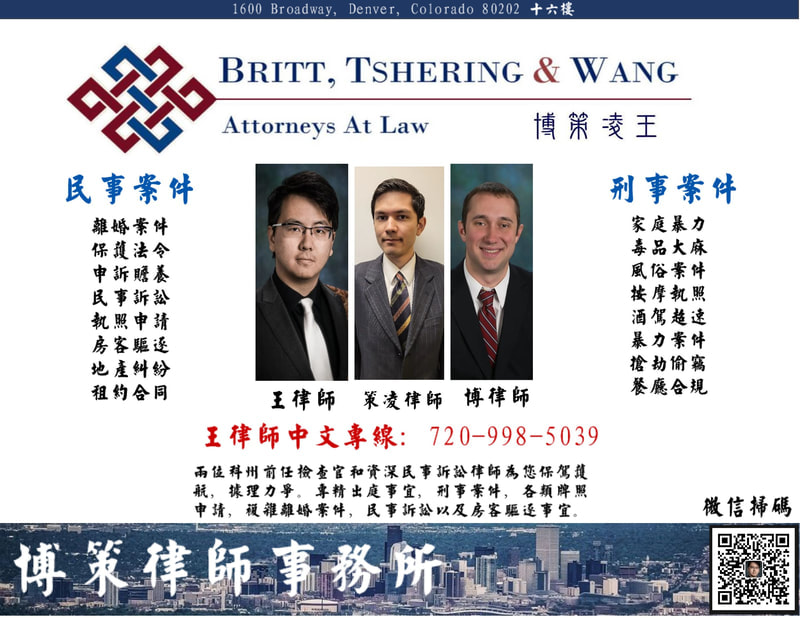


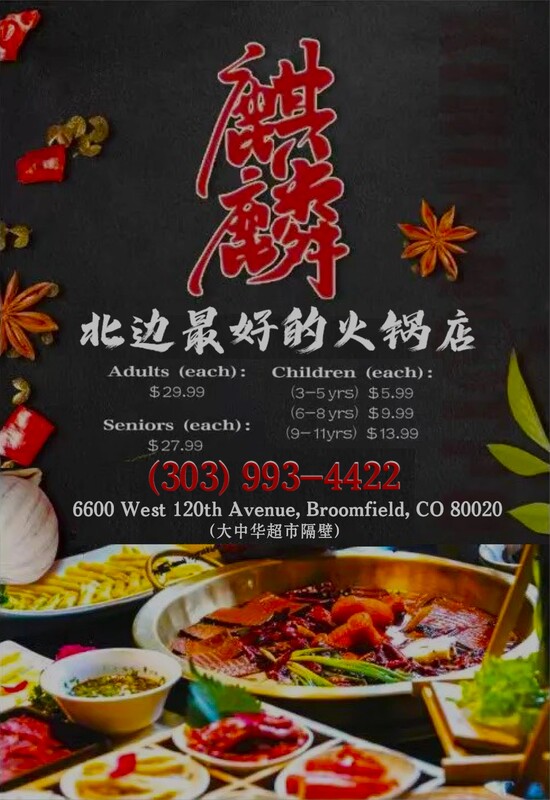

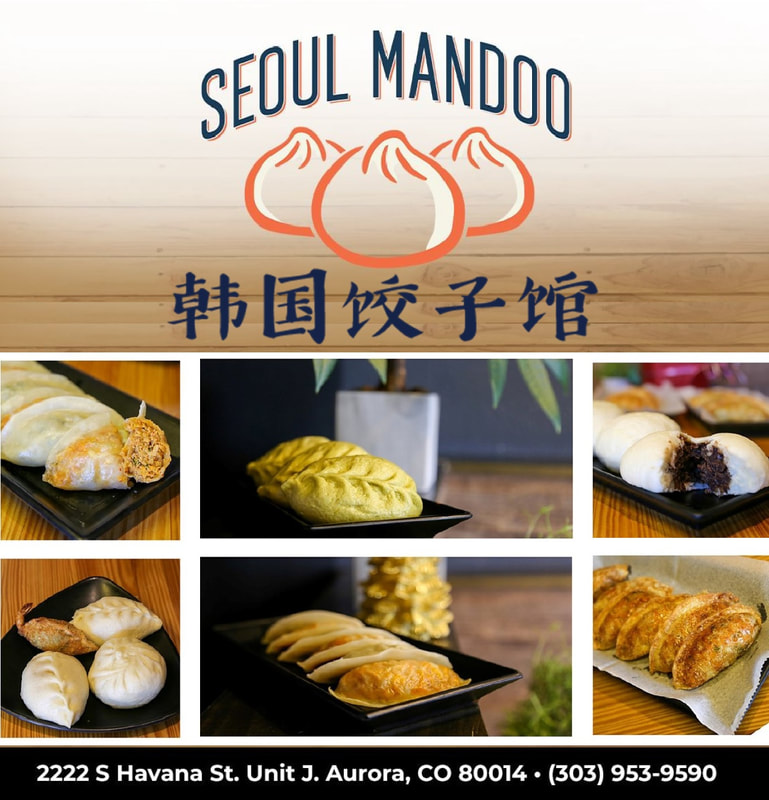




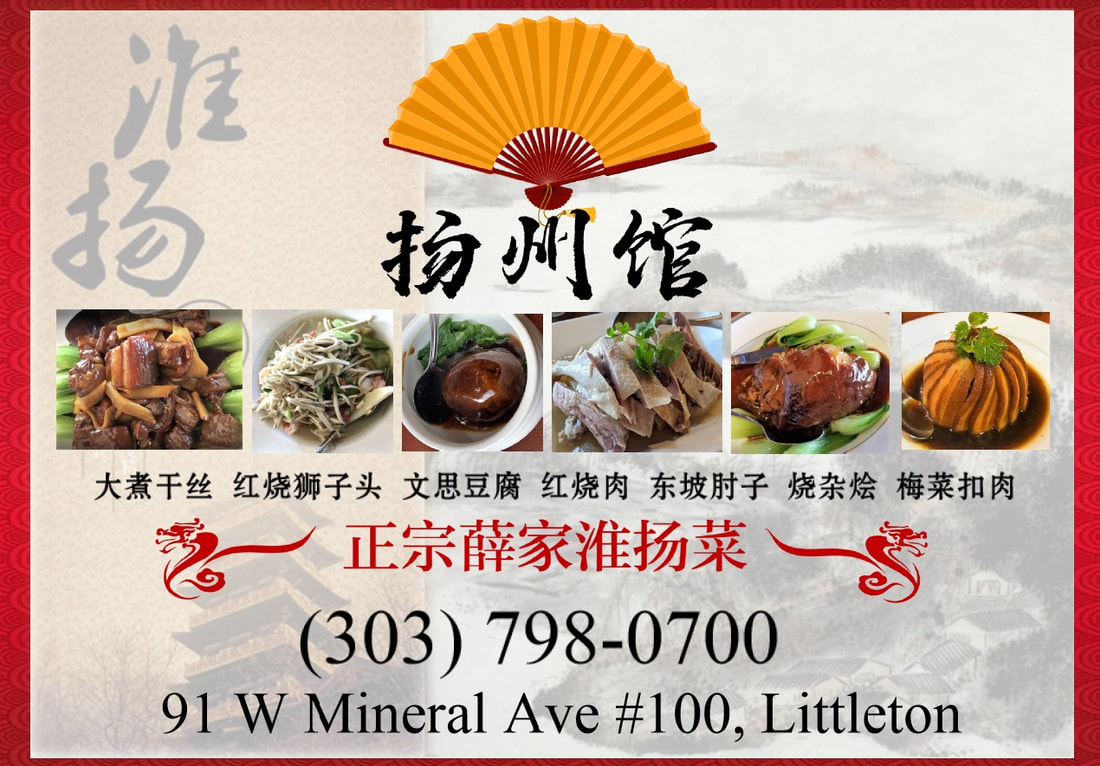

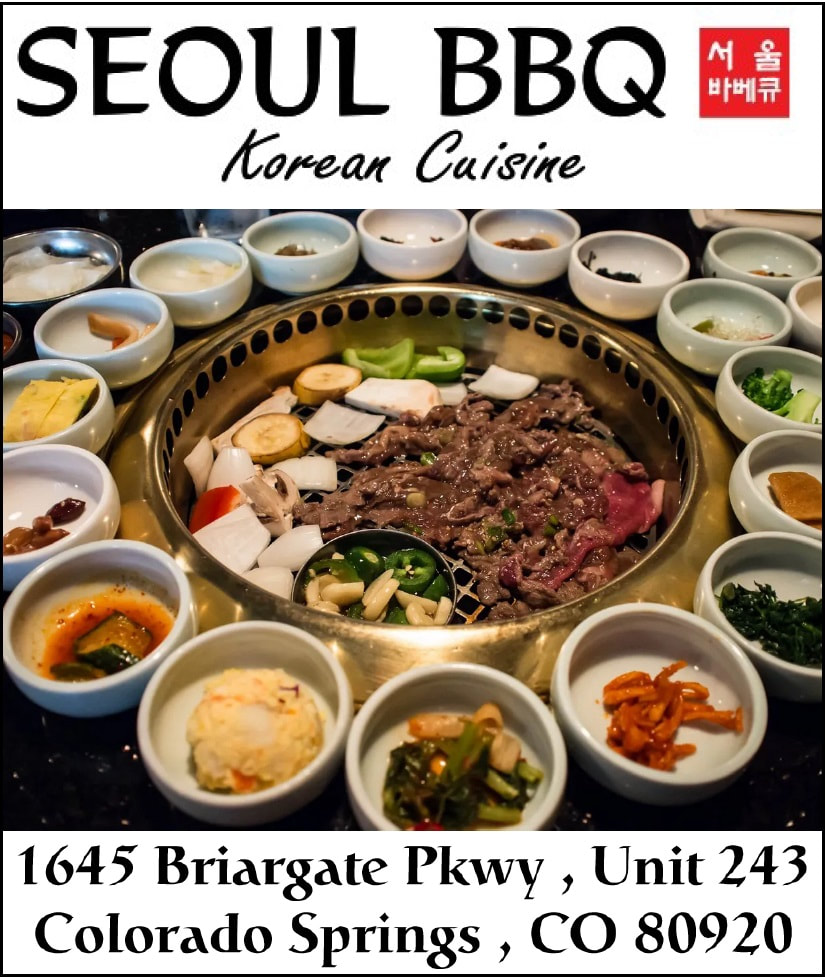
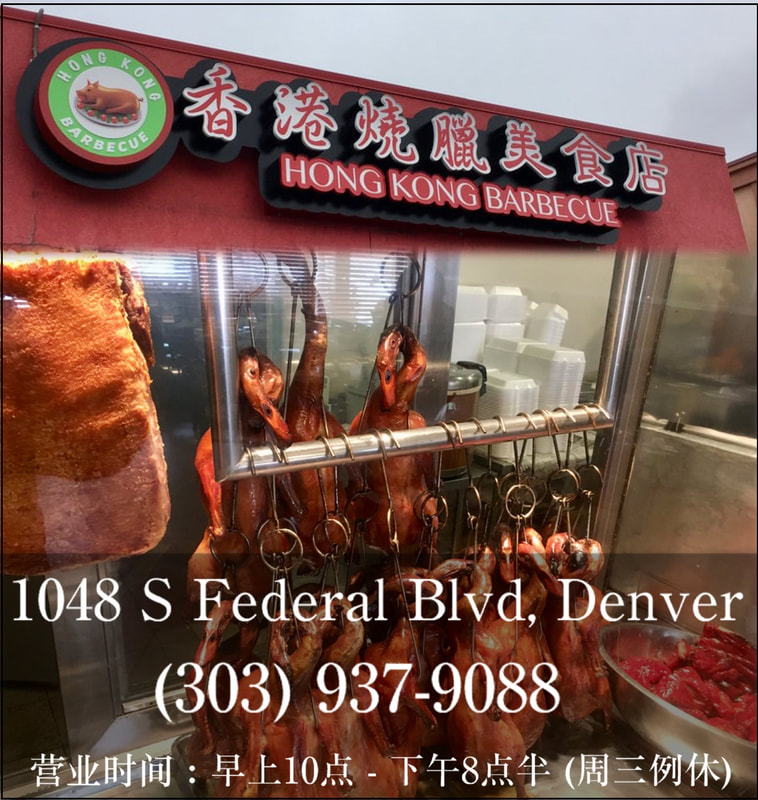



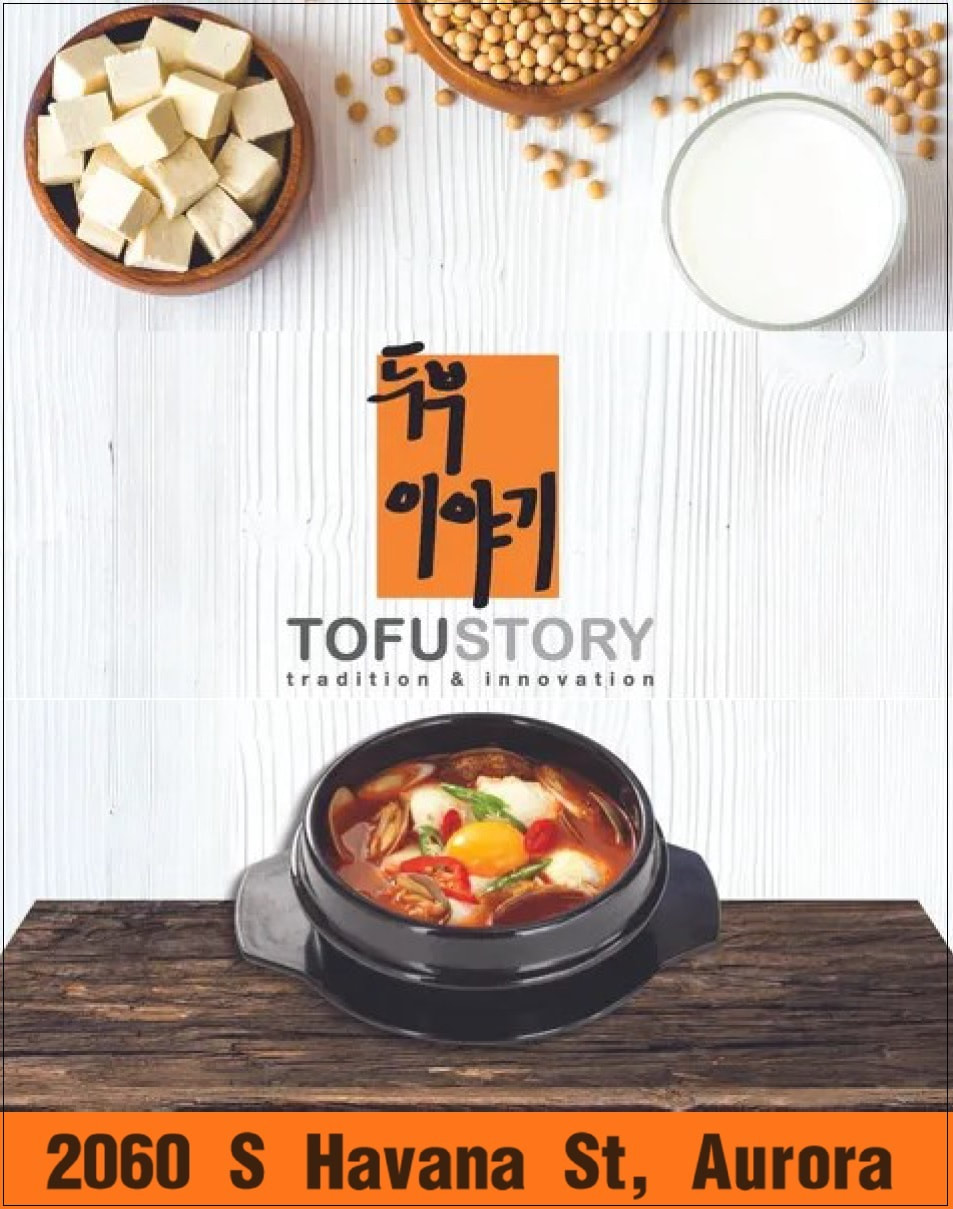
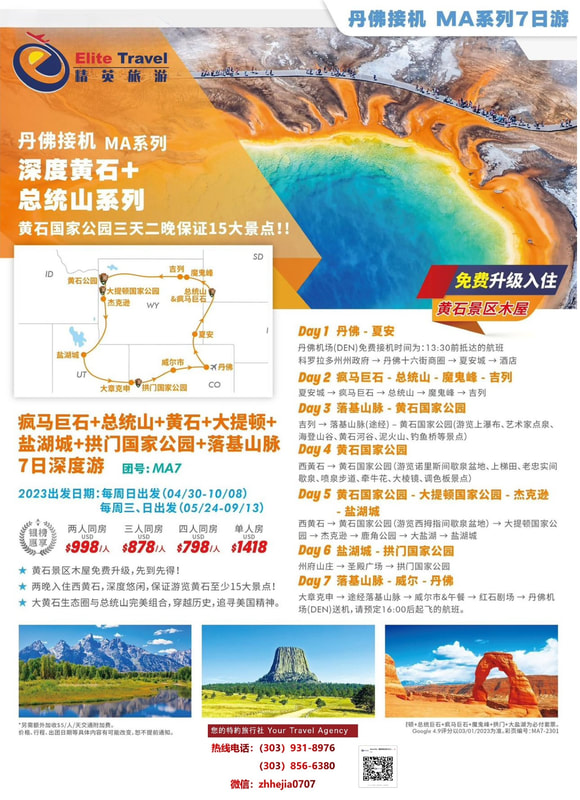




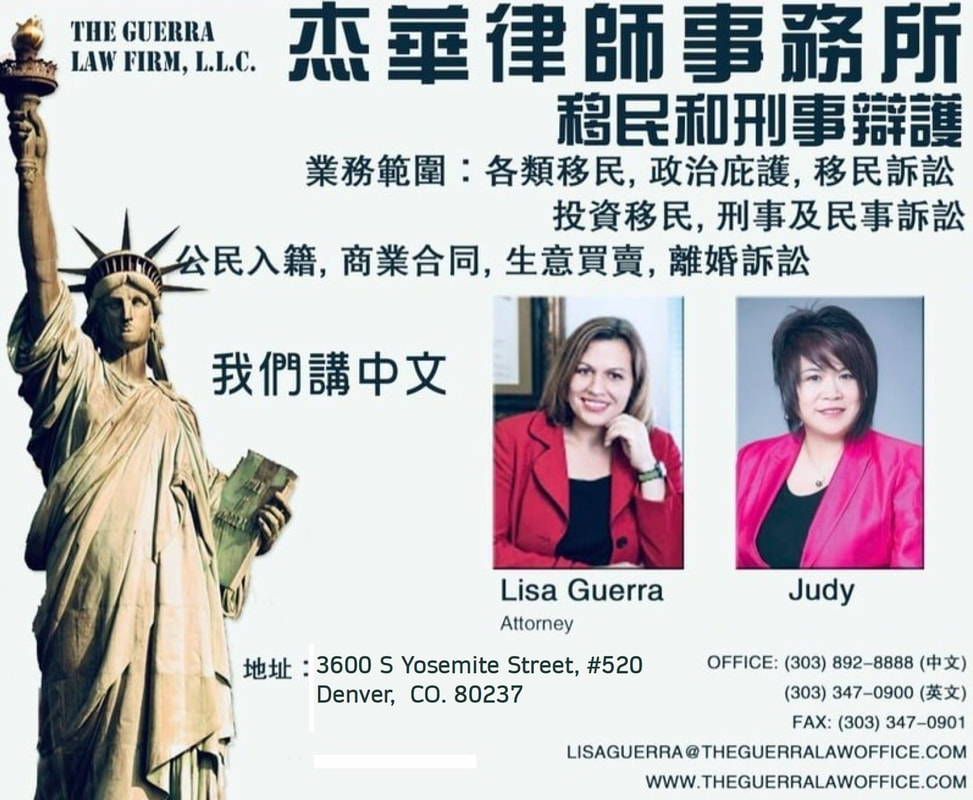
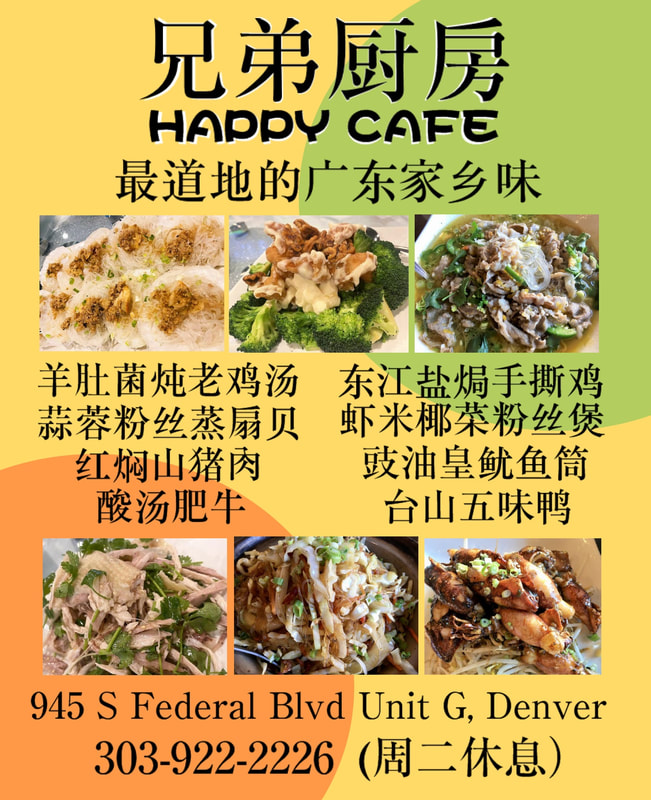
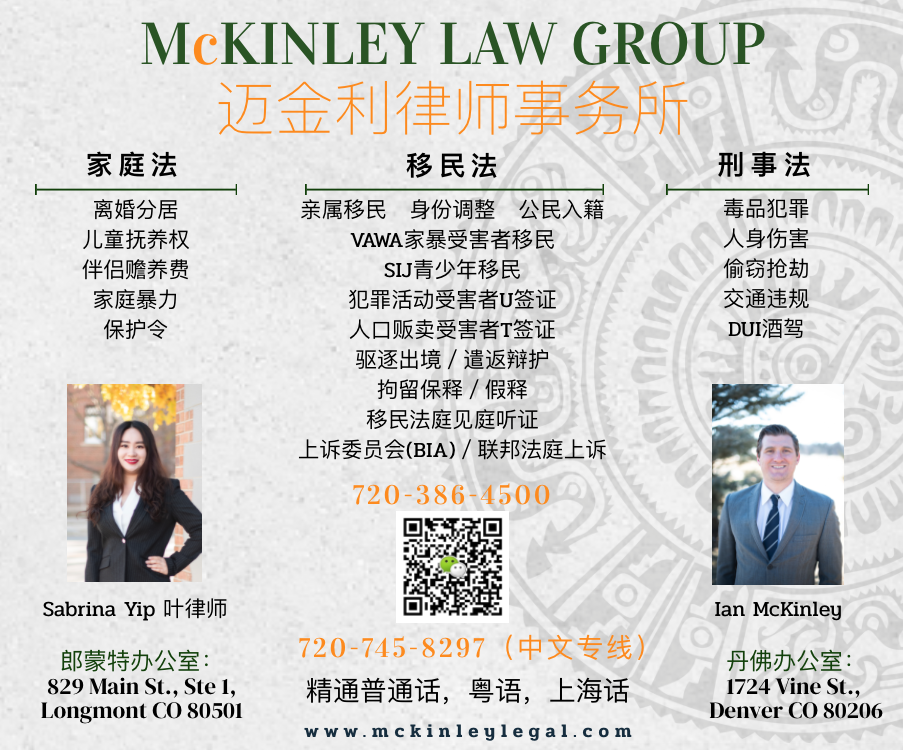
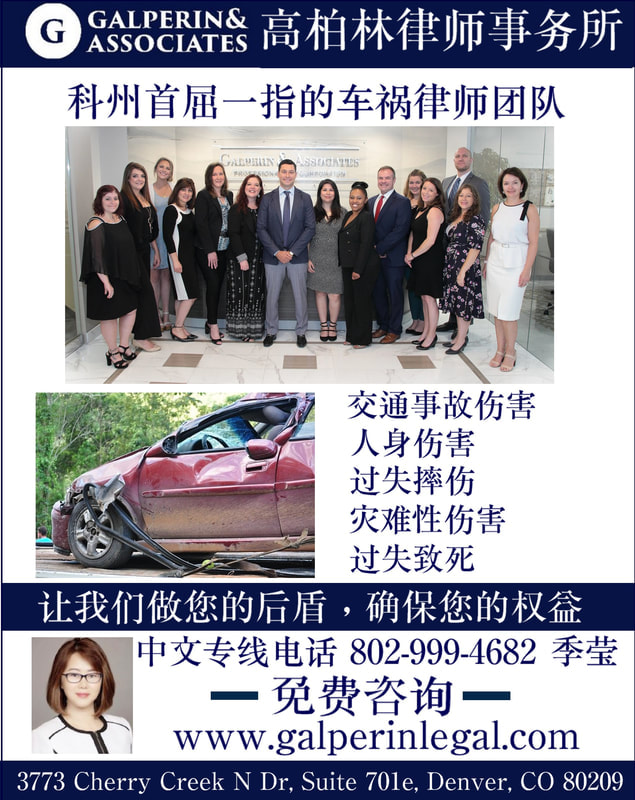

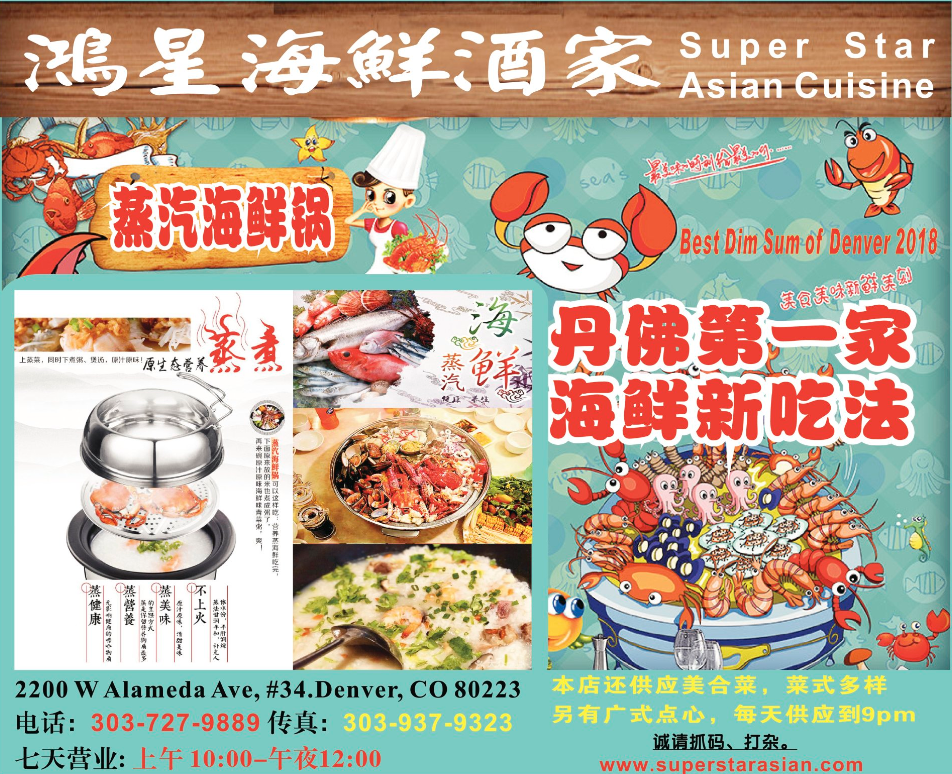

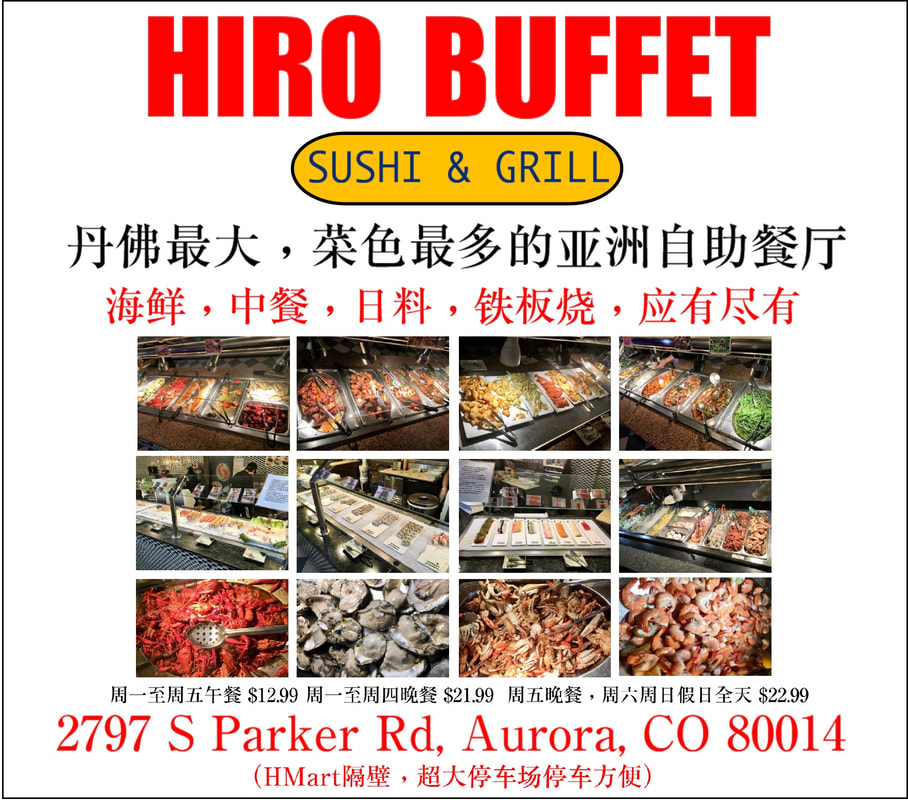

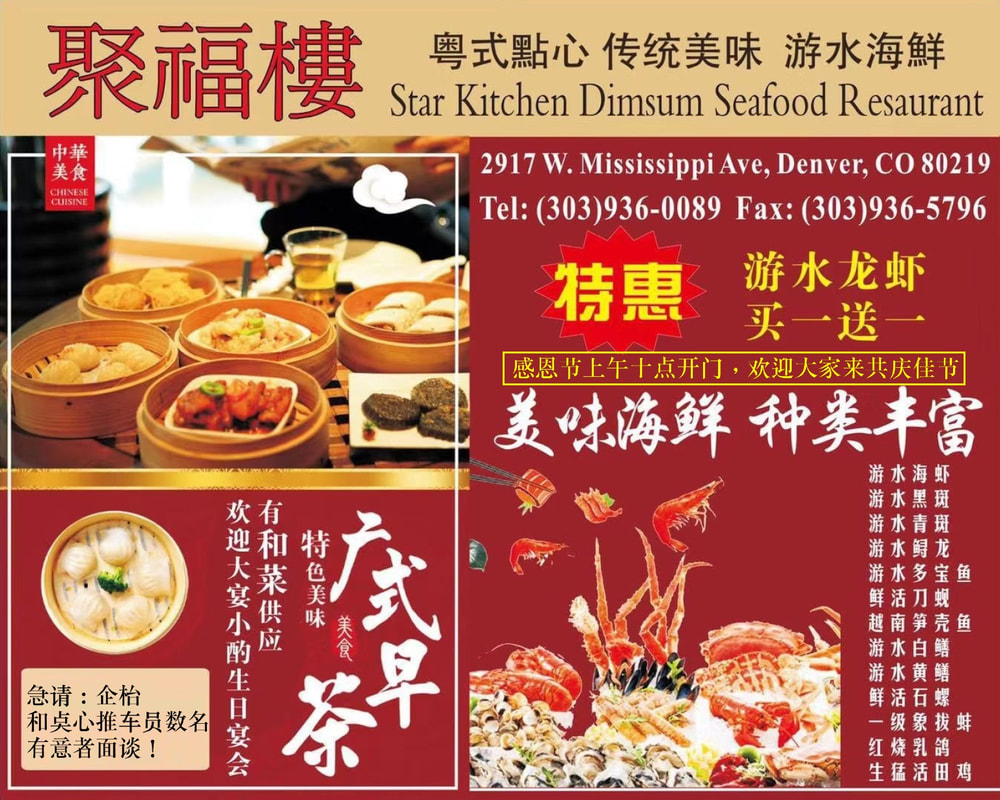
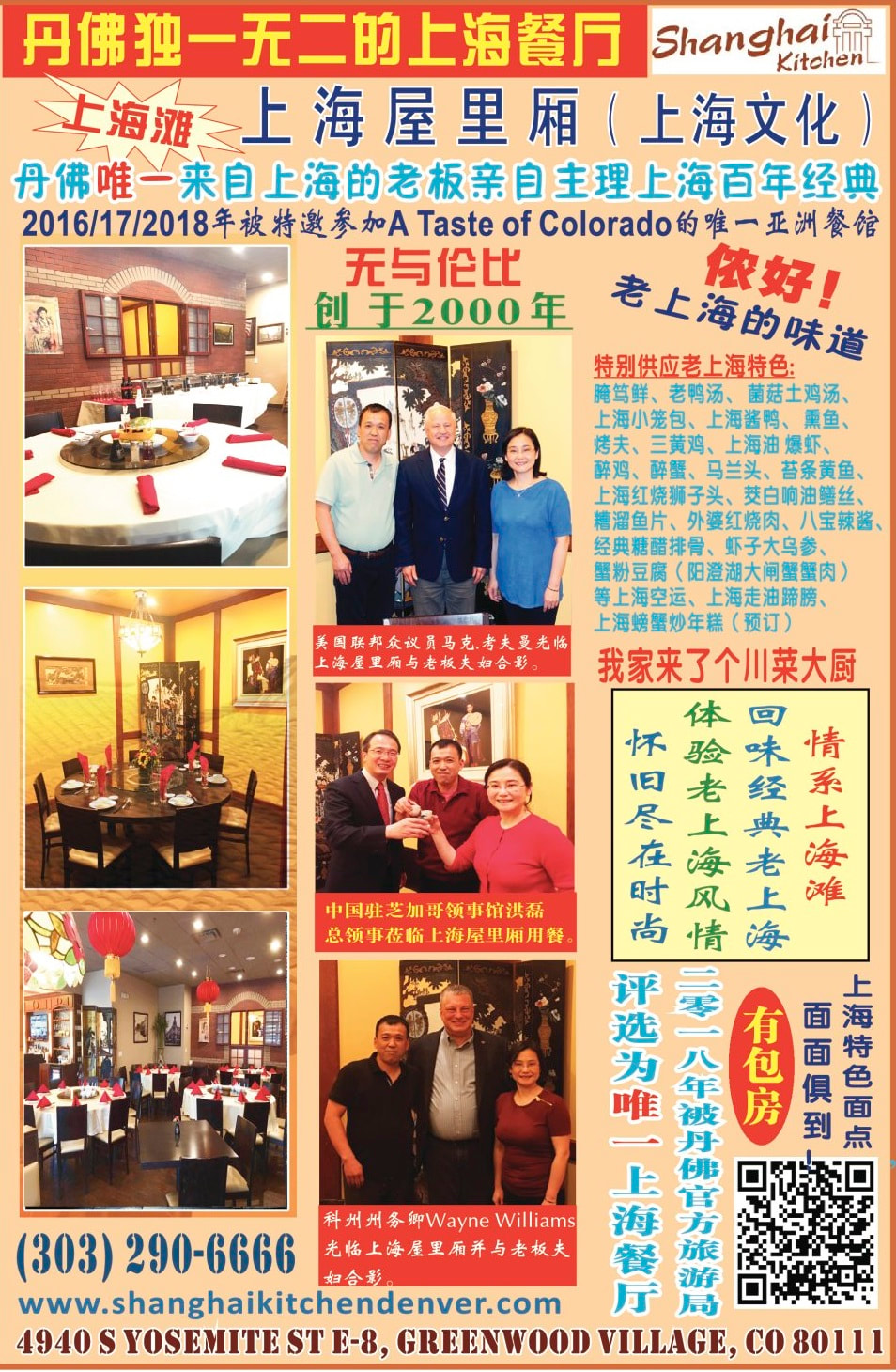


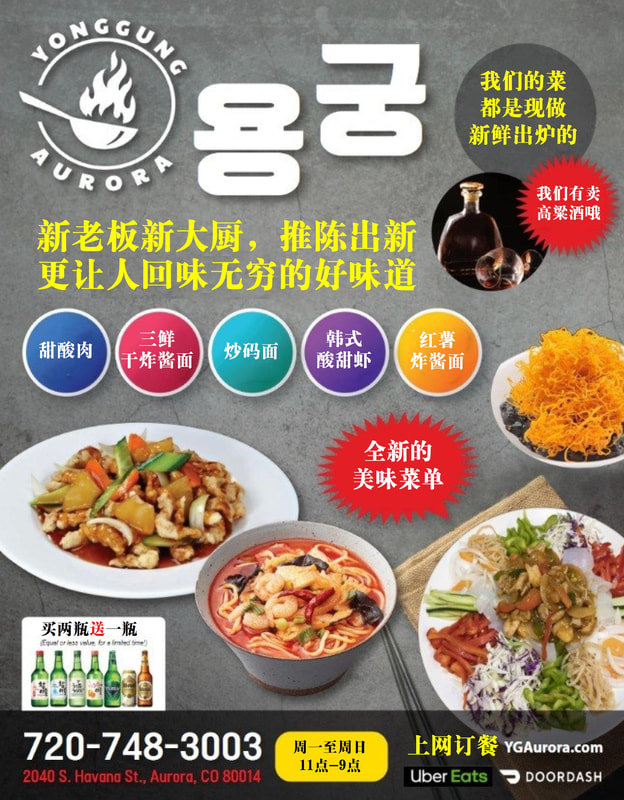







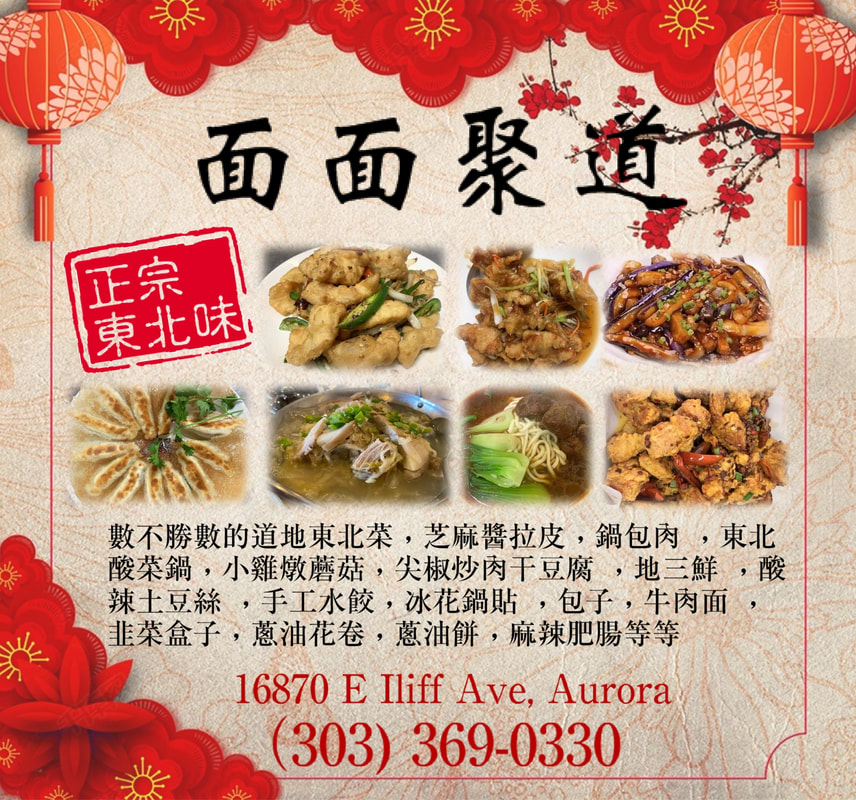
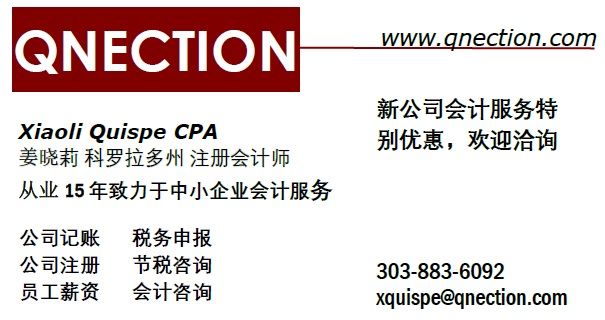


 RSS Feed
RSS Feed

